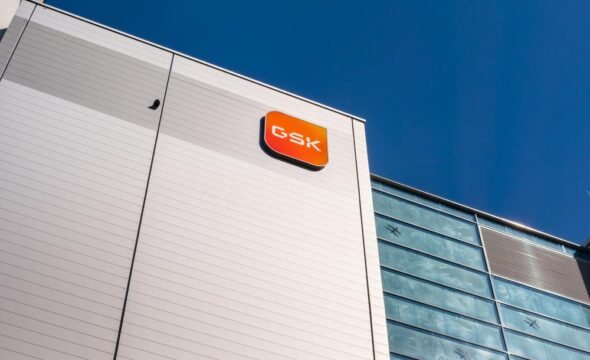Advertisment
Coffee linked to survival in metastatic colorectal cancer

Article written by Bruce Sylvester.
Coffee consumption by patients with metastatic colorectal cancer is associated with longer survival, researchers reported on Sept. 17, 2020 in JAMA Oncology.
Coffee consumption by patients with metastatic colorectal cancer is associated with longer survival, researchers reported on Sept. 17, 2020 in JAMA Oncology.
“Although it is premature to recommend a high intake of coffee as a potential treatment for colorectal cancer, our study suggests that drinking coffee is not harmful and may potentially be beneficial,” said senior author Kimmie Ng, MD, MPH of the Dana Farber Cancer Institute in Boston, Massachusetts.
As background, the authors noted that some compounds in coffee have antioxidant, anti-inflammatory, and insulin-sensitizing effects, which, hypothetically, could be related to anticancer activity. However, an association between coffee consumption and survival in patients with advanced or metastatic colorectal cancer has not yet been determined.
This new study is a sub-analysis of data from a prospective observational cohort study of patients with previously untreated locally advanced or metastatic colorectal cancer who were enrolled in Cancer and Leukemia Group B (Alliance)/SWOG 80405, a finished phase 3 clinical trial comparing the addition of cetuximab and/or bevacizumab to standard chemotherapy.
Subjects reported on dietary intake, including coffee. The researchers measured in cups per day consumption of total, decaffeinated, and caffeinated coffee.
The primary outcome of the new analysis was overall survival (OS) and progression-free survival (PFS).
Of 1171 subjects in the analysis (694 men [59%]; median age, 59) the median follow-up among living patients was 5.4 years. A total of 1092 patients (93%) died or had disease progression.
The researchers reported that subjects who drank two to three cups of coffee per day had a reduced hazard for death and for cancer progression compared to non-consumers. (Hazard is a measure of risk.) Those who consumed more than four cups per day had an even greater benefit. “Significant associations were noted for both caffeinated and decaffeinated coffee,” they noted.
The authors concluded, “Coffee consumption may be associated with reduced risk of disease progression and death in patients with advanced or metastatic colorectal cancer. Further research is warranted to elucidate underlying biological mechanisms.”





